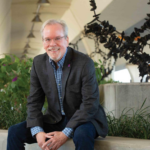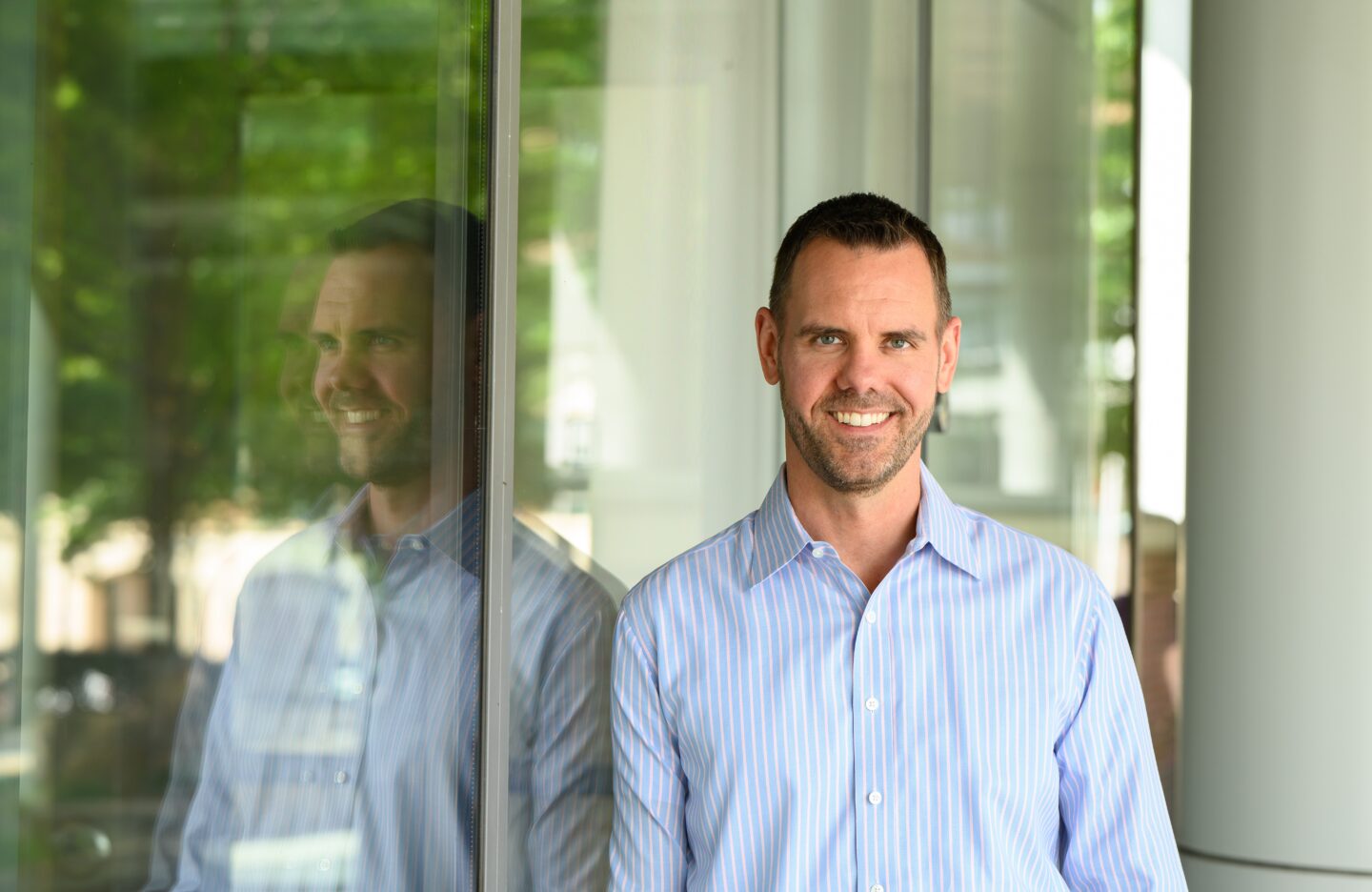 America seems to have reached its boiling point. Insults and accusations over political and cultural issues fill our screens and streets, legislative chambers, and even, in some cases, our own homes. Kurt Gray, a social psychologist at Ohio State University, has researched the roots of this wrath and details his discoveries in a new book, Outraged: Why We Fight About Morality and Politics and How to Find Common Ground. Gray visits Birmingham in August 2025 to share his findings at an event hosted by Leadership Birmingham, the Community Foundation of Greater Birmingham (CFGB), and the Alabama Humanities Alliance (AHA).
America seems to have reached its boiling point. Insults and accusations over political and cultural issues fill our screens and streets, legislative chambers, and even, in some cases, our own homes. Kurt Gray, a social psychologist at Ohio State University, has researched the roots of this wrath and details his discoveries in a new book, Outraged: Why We Fight About Morality and Politics and How to Find Common Ground. Gray visits Birmingham in August 2025 to share his findings at an event hosted by Leadership Birmingham, the Community Foundation of Greater Birmingham (CFGB), and the Alabama Humanities Alliance (AHA).
Christopher Nanni (LB ’15), CFGB president and CEO, and Chuck Holmes (LB ’18), AHA executive director, preview Gray’s book, his visit, and his insights — which could hold the key to healing our society’s deep divisions.
 Nanni: “[Gray’s] model is that we are all, at the core, motivated by the fear of harm. So you can take almost any political issue, and the difference comes in with who we feel is going to be harmed. With abortion, for example, some people tend to be more concerned about the life of the mother while others focus more on the fetus. With immigration, some see people who may be escaping a tough situation, trying to make a better life. And for others, it’s more about breaking the law and not going by established protocol. Once you can identify what someone is concerned about — who’s being harmed in those situations — you can begin to understand where they’re coming from. Then we can have a conversation. But if I immediately jump to ‘you’re crazy,’ then it cuts off any communication.”
Nanni: “[Gray’s] model is that we are all, at the core, motivated by the fear of harm. So you can take almost any political issue, and the difference comes in with who we feel is going to be harmed. With abortion, for example, some people tend to be more concerned about the life of the mother while others focus more on the fetus. With immigration, some see people who may be escaping a tough situation, trying to make a better life. And for others, it’s more about breaking the law and not going by established protocol. Once you can identify what someone is concerned about — who’s being harmed in those situations — you can begin to understand where they’re coming from. Then we can have a conversation. But if I immediately jump to ‘you’re crazy,’ then it cuts off any communication.”
 Holmes: “The author has devoted his life to analyzing human behavior and contextualizing it in this era of many cultural and political divisions. He does a good job of postulating why we do what we do, how we react to people who don’t agree with us, and how that’s amped up by social media, TV news, and the decline of community engagement.”
Holmes: “The author has devoted his life to analyzing human behavior and contextualizing it in this era of many cultural and political divisions. He does a good job of postulating why we do what we do, how we react to people who don’t agree with us, and how that’s amped up by social media, TV news, and the decline of community engagement.”
Nanni: “We live in the most fragmented community in the Southeast. It’s easy to exist in our own bubbles. And especially with social media, we can create the environment we’re most comfortable in. A lot of people are threatened when they come in contact with differences. There’s a tendency to demonize the other when you disagree with them.
“[Outraged] reinforces the concept of ‘CIV’ in ‘civil’ as standing for ‘connect, invite, and validate.’ That fits the narrative that people are not changed by data. Data is important to inform people, but you can’t lead with it. It’s really about [listening to each other’s] stories. And when you build a relationship with someone, you see them as human.
“That ties into things we’re working on. [At the CFGB,] we have the Instruments of Hope Unity Fund that Jeffrey and Gail Bayer started, and last year we piloted a Healing Circles model based on the premise of [sharing] stories. It’s about understanding that we all have the same hopes and aspirations, and then allowing people to see differences. After the pilot, we made a grant to the AHA to expand the program.”
Holmes: “Most well-meaning, good-hearted, thinking people, no matter their place in the political spectrum, are frustrated. Why can’t we get along? Kurt’s book reinforces that we have to see people as human beings, and we have to listen [to each other] to have any hope for meaningful relationship building that leads to dialogue and change.
“When people hear Kurt in August, there’s going to be interactivity with the audience — some deep thinking about how we engage one another. Hopefully they will leave with some nugget of information, some practice, some idea that they can use in their daily interactions with others. It’s hard work, but it’s meaningful.”
This article was originally posted in the Leadership Birmingham Summer 2025 magazine. See the full magazine here.
